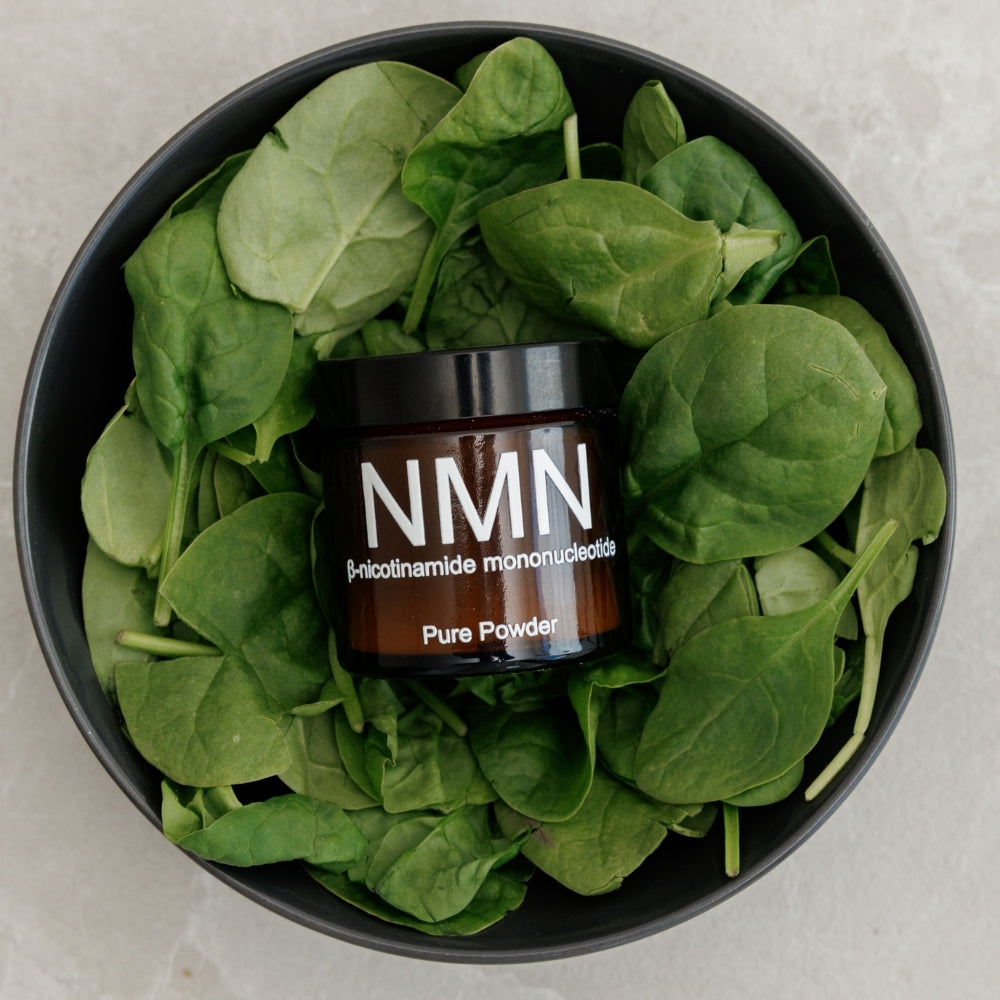How Resveratrol Stimulates Hair Growth
1. Promotes the Anagen (Growth) Phase
Resveratrol has been shown to stimulate the transition of hair follicles from the resting (telogen) phase into the active growth (anagen) phase. In animal studies, topical application of resveratrol significantly accelerated this transition, resulting in faster and more robust hair regrowth. By day 18, mice treated with resveratrol had noticeably longer and denser hair compared to controls, with effects similar to minoxidil, a leading hair growth treatment. Ex vivo human hair follicle studies further confirmed that resveratrol increases hair shaft length and delays the onset of the catagen (regression) phase, supporting sustained hair growth.
2. Activates Hair Follicle Stem Cells
A key to sustained hair growth is the activation and proliferation of hair follicle stem cells. Resveratrol has been shown to promote these processes, which are crucial for initiating and maintaining the anagen phase. This cellular activation helps boost the ratio of growing to resting hairs, resulting in denser, fuller hair over time.
3. Protects Against Oxidative Stress
Oxidative stress is a major contributor to hair follicle damage and hair loss. Resveratrol’s potent antioxidant properties protect dermal papilla cells—the “command center” of the hair follicle—from oxidative damage. By neutralizing free radicals and reducing inflammation, resveratrol helps maintain a healthy scalp environment and supports the longevity of hair follicles.
4. Enhances Scalp Microcirculation
Healthy hair follicles need a steady supply of oxygen and nutrients. Resveratrol has been found to promote angiogenesis (formation of new blood vessels), improving blood flow and nutrient delivery to the scalp. Enhanced microcirculation supports stronger, more resilient hair growth.
5. Balances Hormones and Reduces Inflammation
Hormonal imbalances, especially elevated androgens, are a common cause of hair thinning and loss. Clinical research suggests resveratrol can help balance hormone levels, particularly in women with PCOS, by reducing androgens that trigger hair loss. Its anti-inflammatory effects further soothe the scalp, reduce irritation, and create optimal conditions for hair regrowth.
Clinical Evidence: What the Studies Show
- Animal and Lab Studies: Topical resveratrol promoted faster hair regrowth, increased hair shaft length, and prolonged the growth phase in both mice and human hair follicle models.
- Human Trials: In a 12-week clinical trial, a hair serum containing resveratrol reduced hair shedding by over 60% and significantly increased the ratio of growing to resting hairs. Users also reported thicker, fuller hair and improved scalp health.
- Hormonal Balance: Daily supplementation with resveratrol has been shown to lower androgen levels in women, helping to address hormone-related hair loss.
How to Use Resveratrol for Hair Growth
- Topical Serums: Look for hair serums containing resveratrol for direct application to the scalp. Clinical studies show topical use is effective for stimulating hair follicles and reducing shedding.
- Oral Supplements: For overall antioxidant and anti-inflammatory benefits, consider a high-quality resveratrol supplement. A typical dose ranges from 1000 –1500mg daily, but consult your healthcare provider for personalized advice.
- Dietary Sources: Add resveratrol-rich foods like red grapes, blueberries, and peanuts to your diet for natural support.
Pro Tip: For best results, combine topical and oral resveratrol, and take supplements with a meal containing healthy fats (such as olive oil) to boost absorption.
Frequently Asked Questions (FAQ)
Q: How long does it take to see results with resveratrol for hair growth?
A: Most users and clinical studies report noticeable improvements in hair thickness and reduced shedding within 8–12 weeks of consistent use.
Q: Is resveratrol safe for long-term use?
A: Resveratrol is generally well-tolerated. However, always consult your healthcare provider before starting any new supplement, especially if you have underlying health conditions.
Q: Can resveratrol help with all types of hair loss?
A: While research is promising for androgenic and stress-related hair loss, more studies are needed for autoimmune and scarring alopecias.
Q: What’s the best way to use resveratrol for hair growth?
A: Topical serums target the scalp directly, while oral supplements provide systemic antioxidant and anti-inflammatory support. Combining both may yield the best results.
Conclusion
Resveratrol is a powerful, science-backed ally for anyone seeking fuller, healthier hair. By stimulating the anagen phase, activating hair follicle stem cells, protecting against oxidative stress, and supporting hormonal balance, resveratrol addresses multiple root causes of hair loss. Whether used topically or as a supplement, it offers a natural approach to restoring your hair’s vitality.
Ready to try resveratrol for hair growth?
Share your experience, leave a comment, or subscribe for more expert tips on hair health and natural beauty solutions!
For more on natural hair growth solutions, check out Best Antioxidants for Hair Health and How to Build a Hair Growth Routine That Works.



